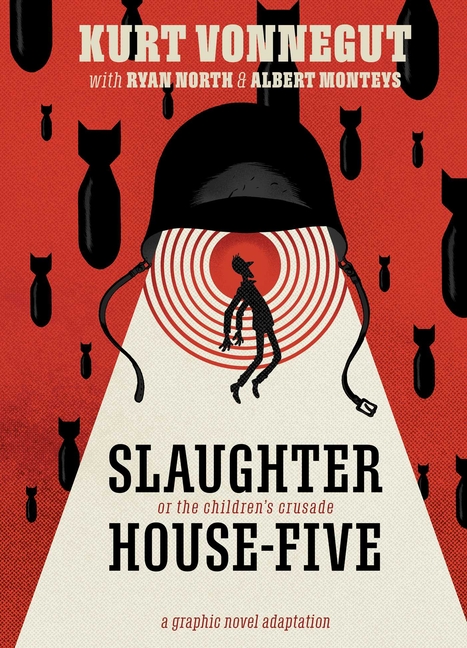"Slaughterhouse-Five" by Kurt Vonnegut is a thought-provoking and unconventional novel that challenges traditional notions of time and narrative structure. The story follows the experiences of Billy Pilgrim, a soldier who becomes "unstuck in time" and travels back and forth between different moments in his life, including his time as a prisoner of war in World War II.
Vonnegut's writing style is unique and engaging, blending dark humor with profound reflections on the horrors of war. The novel explores themes of free will, fate, and the randomness of life, all within the backdrop of the Dresden bombing during World War II.
One of the most striking aspects of the novel is its non-linear narrative, which mirrors Billy's own disjointed experience of time. This fragmented structure can be disorienting at times, but it also serves to highlight the chaos and absurdity of war.
Overall, "Slaughterhouse-Five" is a powerful and thought-provoking novel that challenges readers to reconsider their perspectives on war, time, and the human experience. Vonnegut's unique storytelling and poignant insights make this a must-read for anyone interested in exploring the complexities of human nature and the impact of war on individuals.

